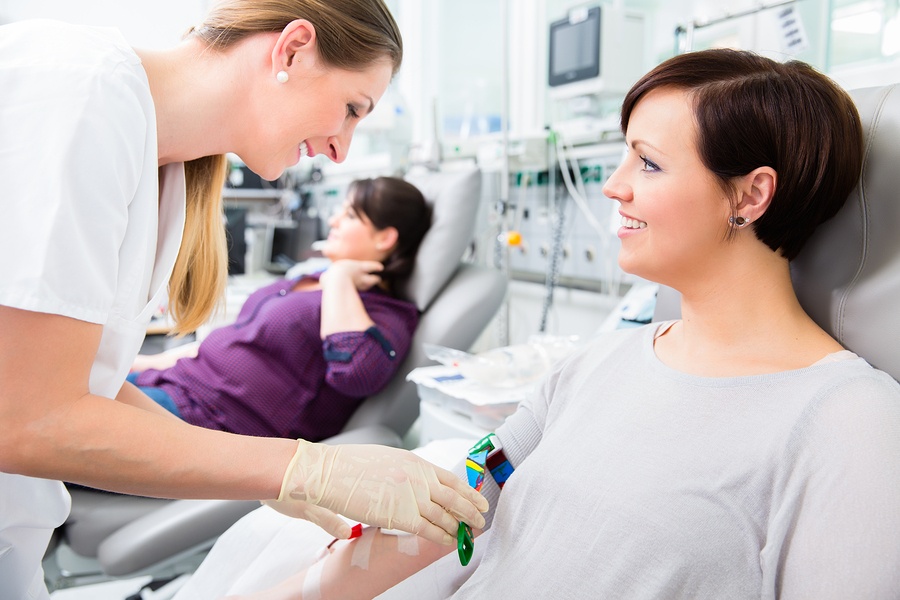What Do Medical Assistants Do?
Posted On August 23,2018

If you’re thinking about pursuing a career in the medical field but are unsure of where to start, you might want to consider becoming a medical assistant. Getting an education to become a medical assistant won’t require nearly as much time as it takes to become a doctor — and medical assistants are in high demand.
Start your CMA
This is because medical assistants are responsible for many different tasks. In fact, describing to someone what a medical assistant does can take a while. It’s often easier to explain what a medical assistant doesn’t do.
However, the following are the general responsibilities and tasks that most medical assistants will find themselves depending on where they are employed:
- Caring for patients – Medical assistants are responsible for providing general patient care, which means that they often have to comfort nervous patients, inform them about what procedures are going to take place, and providing clinical information on behalf of the physician (such as specific care instructions or information about prescriptions).
- Measuring vital signs – A medical assistant must be able to check and record the vital signs of a patient, including their heart rate, blood pressure, oxygen rate, and more. This information is necessary for physicians to be able to pinpoint certain issues and will help in their prognosis — and it’s a task that doctors simply don’t have the time to do themselves.
- Giving injections – In many situations, medical assistants will be tasked with the responsibility of giving injections and vaccinations to patients in order to allow nurses and physicians to focus their time on more pressing matters.
- Drawing blood – Medical assistants with phlebotomy skills are considered more valuable due to the fact that many patients need to have their blood drawn so that it can be sent to the lab to be tested for a variety of different issues. It’s a simple process, which is why doctors and nurses do not focus their time or energy on it, but it’s one that does require specific training.
- Performing EKGs – Electrocardiograms help detect heart problems or abnormalities. Medical assistants need to be able to set them up so that the physician has access to this information.
- Scheduling appointments – Medical assistants must be able to perform administrative duties as well, including scheduling appointments. This requires them to be very organized. In addition to scheduling appointments, many medical assistants will be required to contact patients to confirm and remind them about upcoming appointments.
- Filing insurance paperwork – Insurance paperwork is incredibly time-consuming but also incredibly important to the revenue of a practice. Medical assistants must be able to check insurance paperwork to ensure it’s properly filled out and processed.
- Stocking inventory – Many medical assistants are required to keep the treatment rooms stocked with the proper supplies and to ensure that they do not run out.
- Answering phones – Some medical assistants work as office receptionists, which means that they will be responsible for answering phones and relaying messages to and from patients and staff.
As you can see, medical assistants are responsible for a wide variety of different tasks, including both clinical and administrative tasks. Because of this, it’s important that you enroll in a reputable medical assistant program so that you can learn the skills that you are expected to have.
The large number of responsibilities that medical assistants have is one of the main reasons why they are in such great demand and why that demand will only grow over the next decade. For information about our medical assistant program, be sure to contact us at Athena Career Academy in Toledo, OH, today.